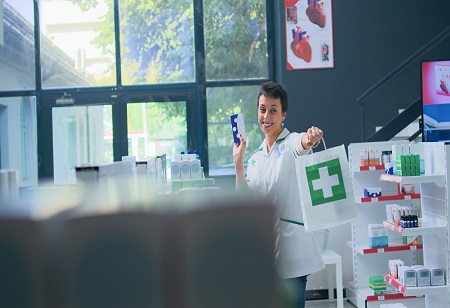India Pharma Outlook Team | Tuesday, 06 February 2024

India has great potential for international relations in pharmaceutical education, says Dr. Ilkay Erdogan Orhan, Dean of the Faculty of Pharmacy at Gazi University, Ankara, Turkey. He noted that nationally qualified teachers, talented students, research skills, and diverse cultures are good partners for international cooperation in medical education. By leveraging these strengths and fostering meaningful partnerships with industry worldwide, India can be essential in advancing pharmaceuticals globally. , said Dr. Orhan shortly after signing the MoU with Krupanidhi College of Pharmacy.
Dr. Orhan, who was in Bangalore for Krupacon Pharma 2024 on the sidelines of the event, said that India and the Republic of Turkiye, formerly Turkey, have many qualified educators in pharmaceutical education. You can increase your experience by collaborating with international organizations to improve the quality of teaching and research. This will benefit medical students from both countries.
Turkiye is gaining momentum in pharmaceutical research, innovation and manufacturing, like India's pharmaceutical industry. Although the importation of medicines is high, efforts are being made to speed up the construction of houses. He said cooperation with India and other EU countries will enable knowledge sharing, joint research projects, and technology transfer to advance drug discovery, development, and delivery systems.
Students in Turkish medical schools can choose to pursue a bachelor's degree after six years of graduation. After graduation, students must work in a pharmacy before starting their own medicine. Turkiye also has a pharmacy school that offers programs approved by our government's Ministry of Health in clinical medicine and psychopharmacology. Dr. Orhan said that students who choose the former establish medicine, while the latter work in research centers and companies.
Many Indian and Turkish professors and researchers have received international recognition for their contributions to medicine. Collaborative work in medical education provides excellent opportunities for mutual learning. He said working with students and teachers from different backgrounds, whether in India, Turkey, or another country, can broaden perspectives, develop skills, and promote educational innovation.